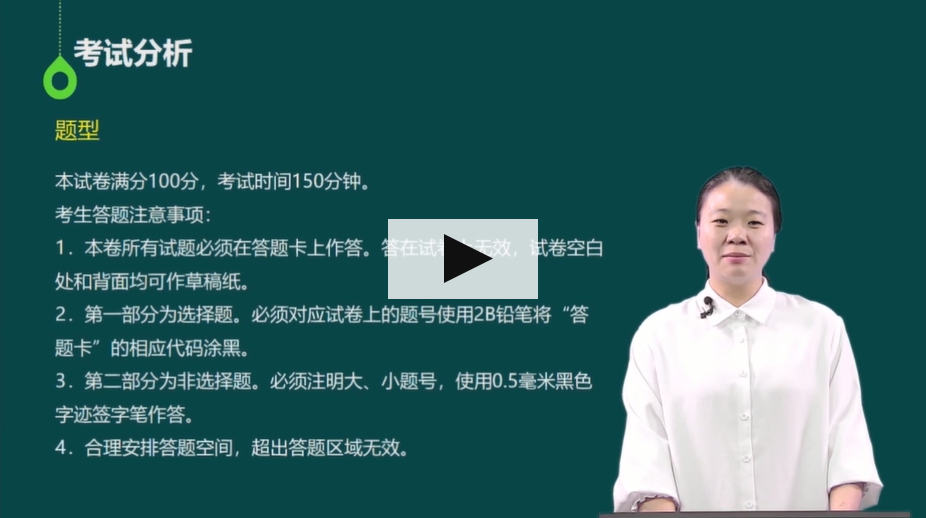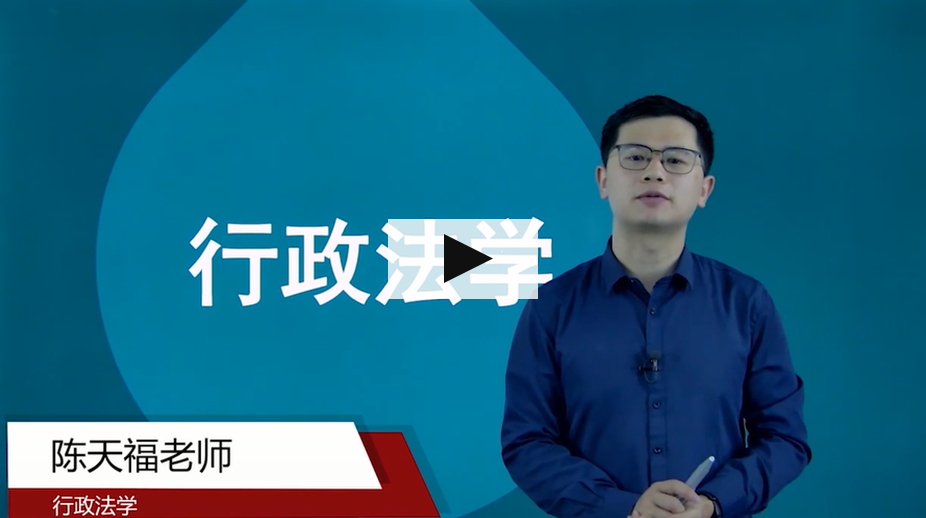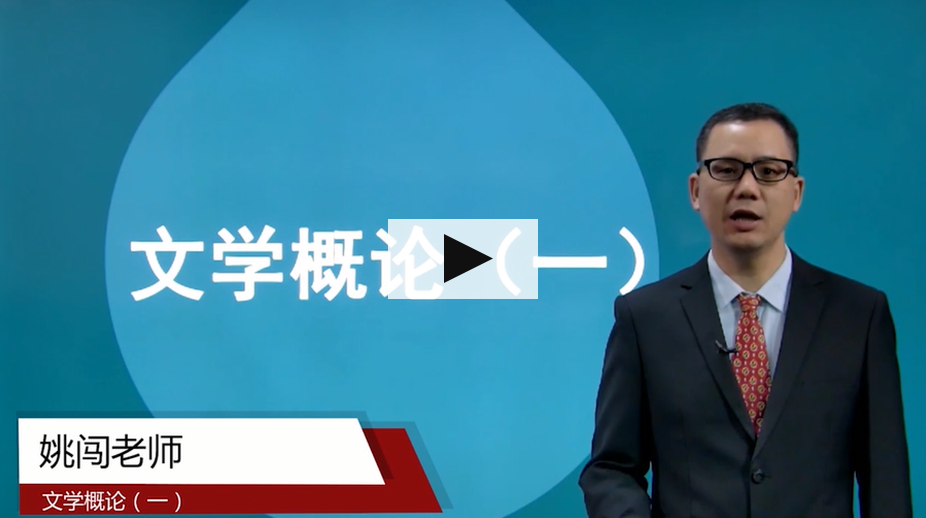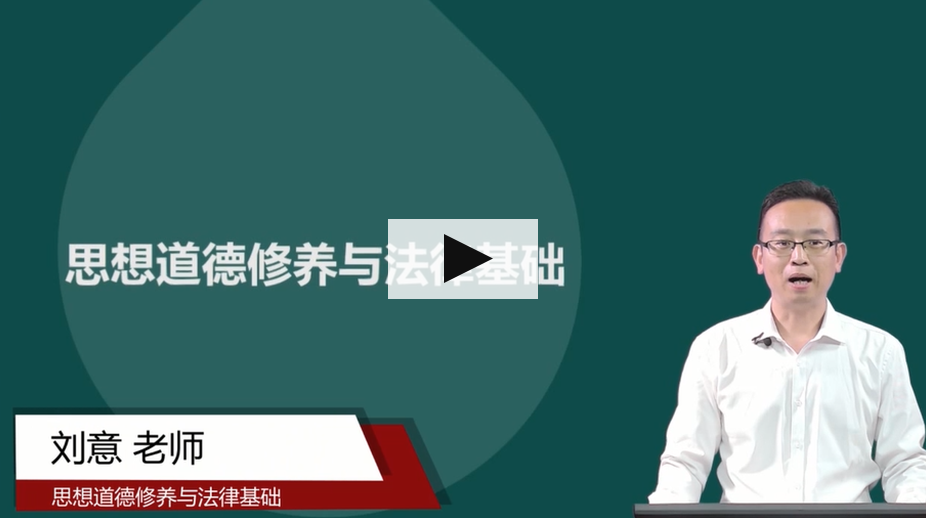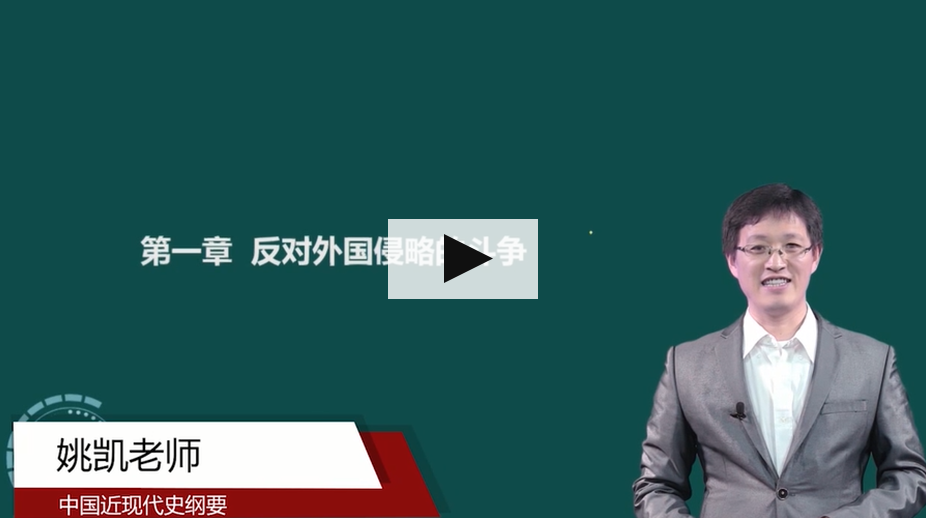英美文学选读学习笔记 Daniel Defoe
Daniel Defoe (1660-1731) was born in London in a butcher's family. Like Pope, be never went to university, but he received a good education in one of the best Dissenting academies. His father had wished him to be a clergyman, but he found himself interested in business. Defoe started as a small merchant and all his life his business underwent many ups and downs, and yet he was never beaten. His quick mind, abundant energy and never-failing enthusiasm always brought him back on his feet after a fall. When he died in 1731, he left his wife and daughters fairly well provided.
Defoe also had a zest for politics. He wrote quite a number of pamphlets on the current political issues. His "The Shortest Way with the Dissenters" (1702) brought him into jail and made him go through public exposure in the pillory, while his "The True-born Englishman" (1701) won him friendship from the king. He worked, at different times, as a government agent, both for the Whigs and the Tories, and was among the best informed political and economic pamphleteers of the time. In 1704, he founded The Review, a political, literary periodical and carried it to 1713. He wrote and edited every issue himself.
It is a real wonder that such a busy man as Defoe would have found time for literary creation. The fact is that, at the age of nearly 60, he started his first novel Robinson Crusoe, which was an immediate success. In the following years, he wrote four other novels: Captain Singleton (1720), Moll Flanders (1722), Colonel Jack(1722) and Roxana (1724), apart from the second and the third part of Robinson Crusoe and a pseudo-factual account of the Great Plague in 1664-1665, A Journal of the Plague Year (1722).
Robinson Crusoe, an adventure story very much in the spirit of the time, is universally considered his masterpiece. His rest four novels deal with the personal history of some hero or heroine, usually a whore, a pirate, a pickpocket, a rogue or some other criminal. Their history is traced from their unfortunate childhood, through their many vicissitudes in life, to their final prosperity or repentance and death. The all-powerful influence of material circumstances or social environment upon the thoughts and actions of the hero or the heroine is highlighted. The struggle of the poor unfortunate for mere existence, mixed with their desire for great wealth, comes into conflict with the social environment which vents them from obtaining the goal under normal circumstances and thus forces them into criminal actions or bold adventures. As Flanders says: "Vice came in always at the Door of Necessity, not at the Door of Inclination." Roxana says in self-defence: "Honesty is out of the question when Starvation is the Case." The group of four novels clearly manifest Defoe's deep concern for the poor and the unfortunate in his society. They are the first literary works devoted to the study of problems of the lower-class people.
As a member of the middle class, Defoe spoke for and to the members of his class and his novels enjoyed great popularity among the less cultivated readers. In most of his works, he gave his praise to the hard-working, sturdy middle class and showed his sympathy for the downtrodden, unfortunate poor.
Defoe was a very good story-teller. He had a gift for organizing minute details in such a vivid way that his stories could be both credible and fascinating. His sentences are sometimes short, crisp and plain, and sometimes long and rambling, which leave on the reader an imssion of casual narration. His language is smooth, easy, colloquial and mostly vernacular. There is nothing artificial in his language: it is common English at its best.
【免责声明】
1、由于各方面情况的调整与变化,本网提供的考试信息仅供参考,考试信息以省考试院及院校官方发布的信息为准。
2、本网信息来源为其他媒体的稿件转载,免费转载出于非商业性学习目的,版权归原作者所有,如有内容与版权问题等请与本站联系。联系邮箱:952056566@qq.com
相关《英美文学选读学习笔记 Daniel Defoe》的文章
甘肃自考便捷服务
- 微信交流群
- 微信公众号

微信扫一扫加入考生微信群
①学习交流、②考试提醒、③自考解答
④自考资料、⑤新闻通知、⑥备考指导

甘肃自考网微信公众号
随时获取甘肃省自考政策、通知、公告
以及各类学习微信公众号
- 热点文章
- 常见问题

